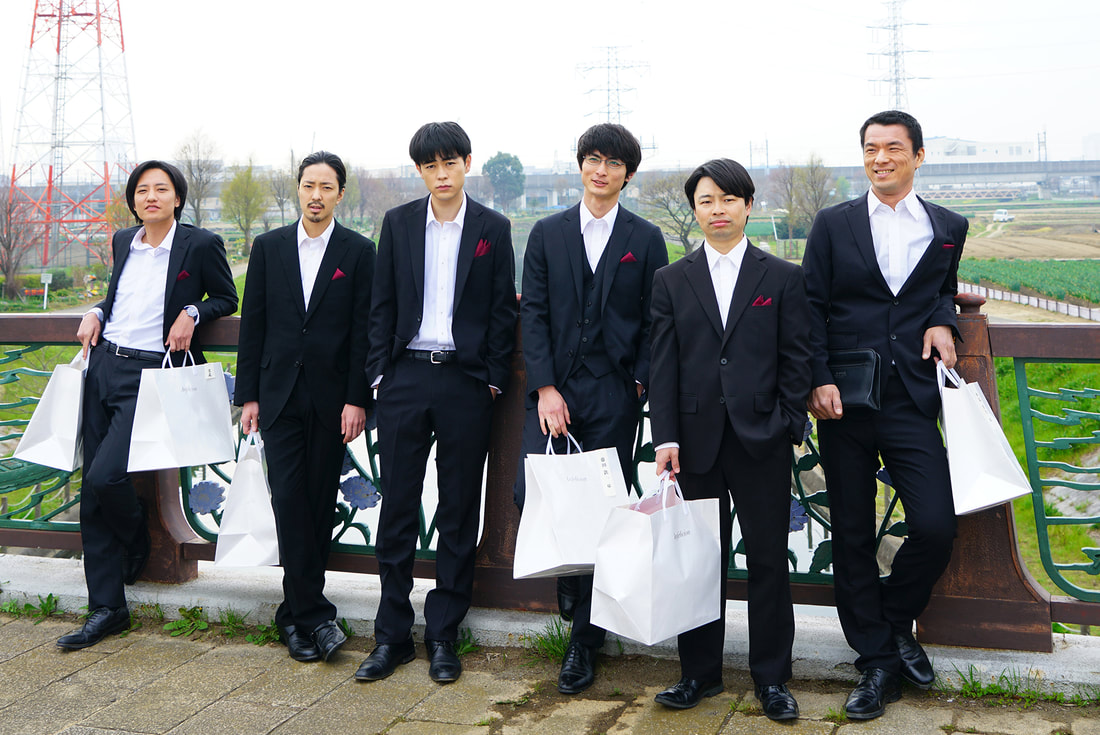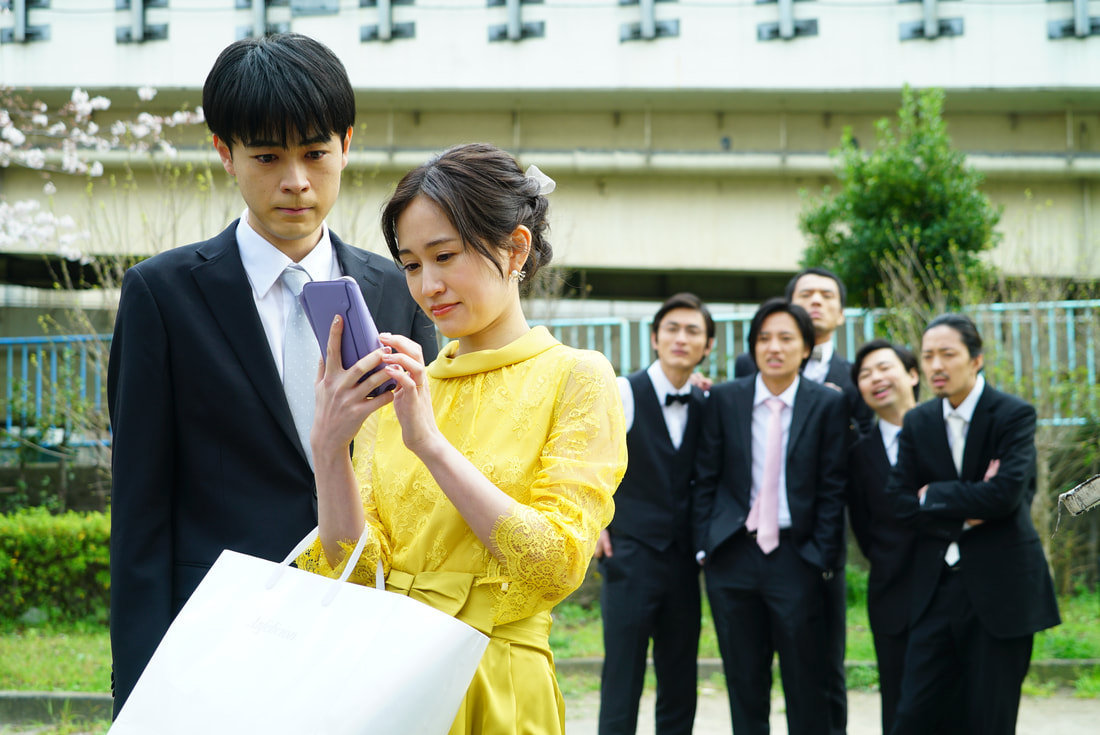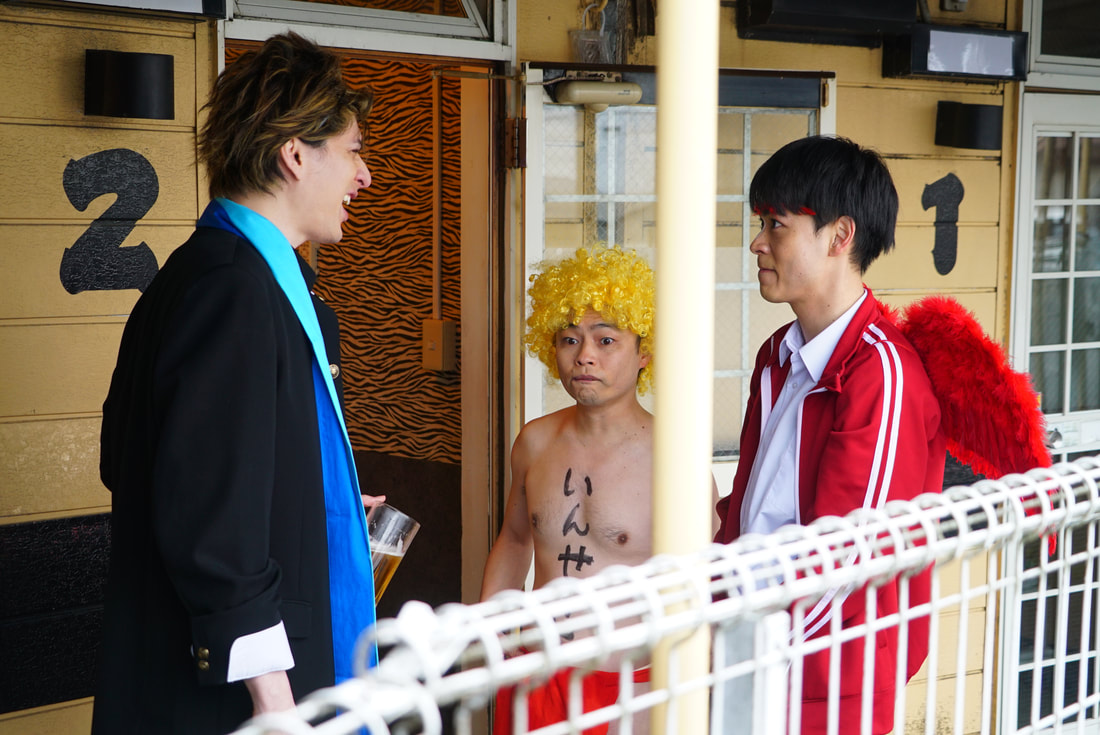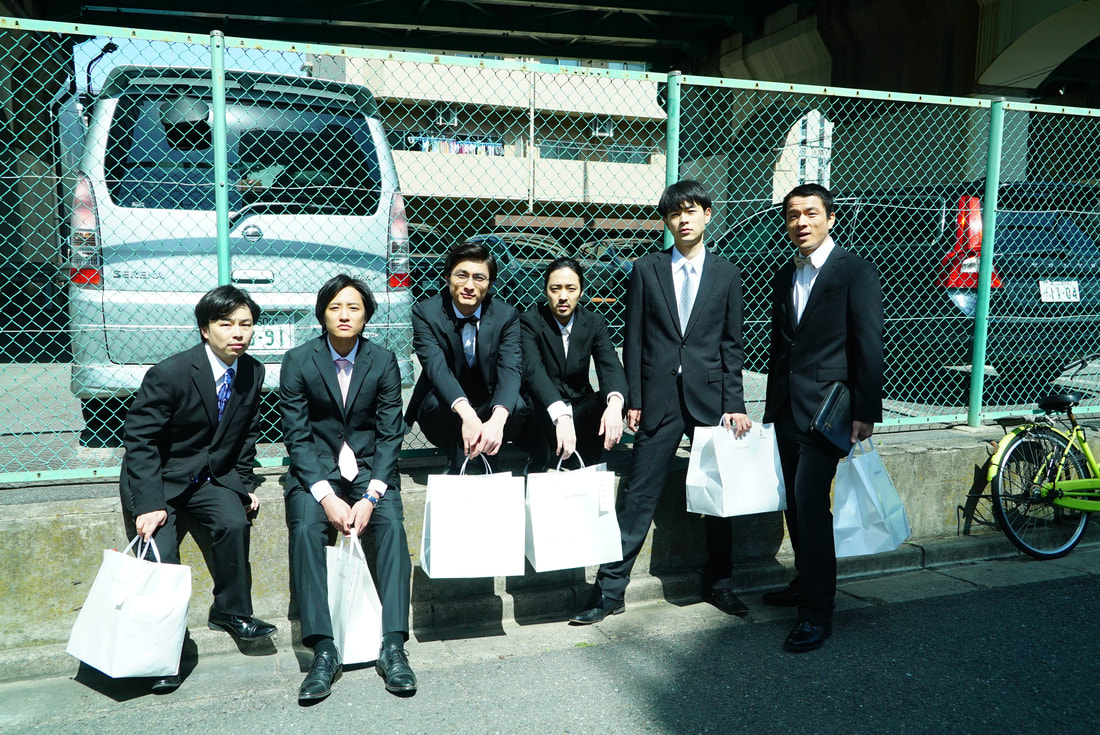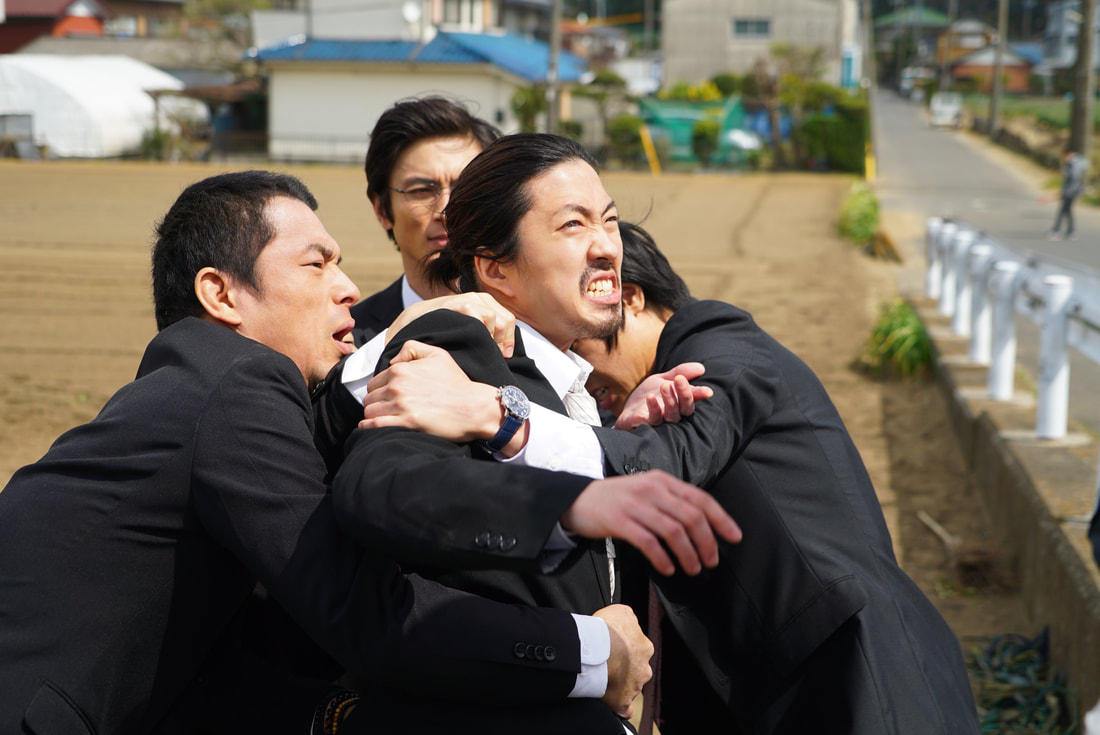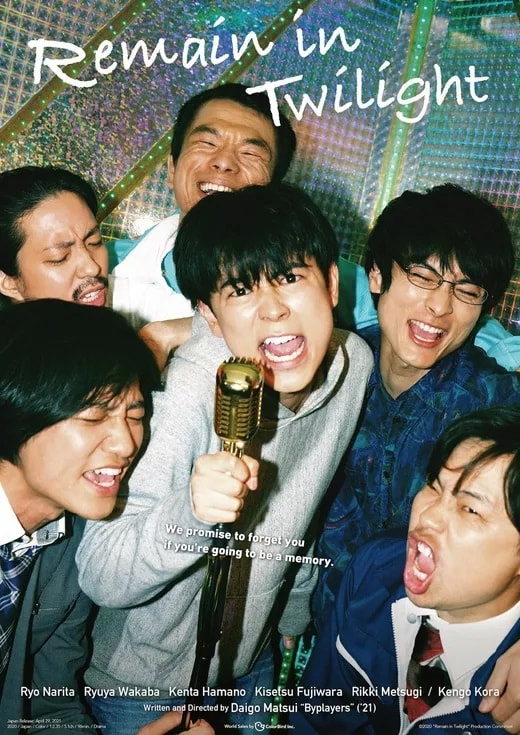|
Originally published on Elements of Madness. It’s not every day we get the chance to chat with a loved one who has passed on. Skeptics would say that we never get that opportunity. If you’ve lost someone important to you, you’ve probably at least imagined having one last conversation with them, whether you believe in the afterlife or not. Imagining that conversation can provide a sense of comfort and closure that unexpected death does not grant us. But if you did get the chance to spend a day with someone you’ve lost, would it really be enough time to get the closure you need? Writer/director Daigo Matsui builds an elaborate fantasy based on that very question in his latest feature film, Remain in Twilight, which screened at the 2021 Fantasia International Film Festival. Based on Matsui’s play of the same name, the film provides a funny, sincere, and powerful take on grief and mortality. The story of Remain in Twilight is deceptively simple. Six friends from high school get together for the first time in years to attend a wedding where they plan to surprise the bride and groom with a special performance during the ceremony. However, one of those friends is out of place. Yoshio (Ryô Narita) has been dead for five years, although none of his boyhood friends seem to be bothered by his presence. In fact, it takes a good long while for anyone in the group to acknowledge the fact that they’re hanging out with a ghost. After the wedding, the group wanders around looking for an open bar or restaurant where they can hang out, and they recall fond memories of their adventures and shenanigans from high school. In a series of flashbacks, Remain in Twilight reveals how each of the five living members of the group first met Yoshio and how their friendships evolved over the years. Meanwhile, in the present, Yoshio’s ghost deals with some unfinished romantic business and helps his friends learn to move on. Remain in Twilight is fresh, upbeat, quirky, and fun, but it’s also genuine. Although the film’s particular brand of humor relies on staged gimmicks, it’s not the kind of movie that spoon-feeds us a sappy plot just to make us cry. It requires us to suspend disbelief and accept a world in which deceased friends regularly turn up to interact in our daily lives. It forgoes the niceties of traditional “back from the dead” stories by placing the ghost character in the middle of the action from the get-go. However, it’s not some big secret like in The Sixth Sense, and it doesn’t take long for us to figure out that Yoshio is dead. The story isn’t about the realities of the afterlife, so it wouldn’t make sense to include a shocking scene where the boys discover the ghost of their friend. Instead, the story is about the reality of grief, a tangible emotion that follows us everywhere and makes itself at home in our lives like an old friend (the same way that Yoshio makes himself at home in the lives of his former schoolmates). Therefore, it makes sense for Matsui to skip over the “ghost reveal” moment and get right to the catching up and reminiscing. As the story goes on, Yoshio’s presence stirs up a myriad of complex feelings in his friends, including survivor’s guilt and denial. This unique narrative structure allows for a fresh and thorough cinematic take on grief. Despite the heavy subject matter, Remain in Twilight is joyful, light, warm and freeing. Matsui explores philosophical themes against a lush, bright and fantastical background that reflects the most promising days of youth. One of his greatest strengths as a writer and director is his ability to shift the mood of the story quickly and seamlessly. He builds and releases tension throughout the film by placing irreverent jokes right after sappy moments, providing satisfactory catharsis that covers a large chunk of the emotional spectrum. The boys’ constant joking and bantering gives Remain in Twilight the same sense of youthful promise and ambition as films like Dead Poets Society. The score also aids in the emotional transitions, filling silent moments with a lighthearted yet dignified horn motif that illustrates the group’s boyish sense of self-importance. The simple melody gives the film a fun and easygoing tone, putting the characters’ intense squabbles and petty disagreements into perspective. With an extremely talented cast delivering Matsui’s strong script, Remain in Twilight strikes just the right tone. In the scenes where all the boys are hanging out together, especially those in the first half of the film, Matsui uses long takes and tracking shots that make us feel like we’re right there in the room with Yoshio and his old friends. This technique creates a warm sense of belonging and emphasizes Yoshio’s close relationship with each of his schoolmates. These real-time scenes also set a slow pace, making it feel like the plot isn’t really going anywhere. The first two scenes of Remain in Twilight feel anxious and stuck, kind of like The Exterminating Angel (1962). Every time the friends talk about rehearsing for their special wedding performance, they get sidetracked and don’t end up doing anything. However, the slow pace serves the story well, emphasizing the five men’s efforts to hold back time so they can get the closure they need. The plot starts to move along once the flashbacks begin, and Matsui develops the characters by focusing on pivotal moments in their relationships. The middle portion of the film is strong and engaging, building to an emotional climax that will bring you to tears. After that point, however, things derail rapidly. Matsui’s writing takes a very bizarre turn, and he can’t seem to find a good place to end the story. The last chunk of the film consists of several scenes that could have each served as a solid ending by themselves. Perhaps if these scenes were rearranged, the story could make a smoother landing. Still, the chaotic ending is only a slight hiccup in a beautiful film. Although the numerous “endings” drag on, they are so strong individually that we can’t help but forgive the mistake.
0 Comments
Leave a Reply. |
"Our embodied spectator, possibly perverse in her fantasies and diverse in her experience, possesses agency...finally, she must now be held accountable for it." Categories
All
|

